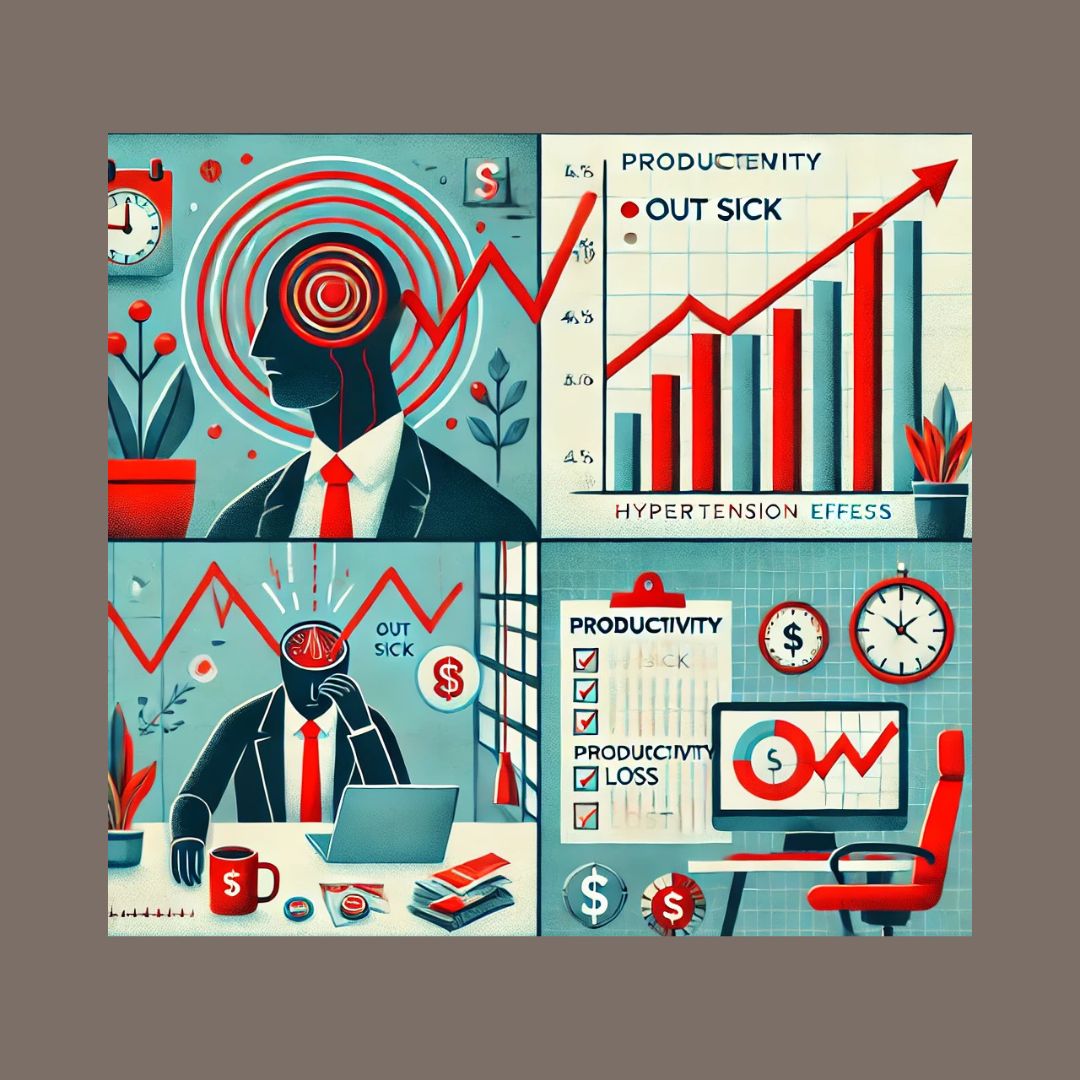Musa Bello never imagined his life would change at work. At 45, he worked as a civil servant in Abuja. Always under pressure. Every morning, he would rush to beat the traffic, leaving home at 5 am. Breakfast? He skipped it most days, blaming time. Lunch? Usually a quick bowl of amala with gbegiri from the office canteen.
One afternoon, while reviewing a file, Musa suddenly felt dizzy. His chest tightened. Before he could react, darkness. Colleagues rushed him to the hospital. The doctor’s verdict? Hypertension. Musa was shocked. “Hypertension? How? I’m not even 50,” he muttered.
The truth is, Musa’s kind of experience is common. According to the World Health Organization (WHO), 1 in 3 adults worldwide has hypertension. In Nigeria, the Nigerian Hypertension Society estimates that over 30% of adults live with high blood pressure. Many don’t even know it.
According to Mayo Clinic, it can quietly damage the body for years before symptoms appear. However, without treatment, high blood pressure can lead to disability, a poor quality of life, or even a deadly heart attack or stroke.
The ‘silent killer’ puts workers under pressure
Hypertension, often called the “silent killer,” doesn’t announce itself. Workers like Musa carry on, ignoring headaches, fatigue, and stress. But these signs add up. For Nigerian workers, long hours, poor diets, and endless hustle increase risks. Stress from financial worries and unstable jobs also plays a big role.
“Many people don’t check their blood pressure until it’s too late,” says Dr. Adaobi Eze, a Lagos cardiologist. She explains that untreated hypertension can lead to heart attacks, strokes, or kidney failure. Sadly, most Nigerians only react when symptoms worsen.
Hypertension cuts across all sectors. Bankers, teachers, civil servants, and even artisans face risks. However, workers in high-pressure environments, like corporate jobs, are hit hardest. Long meetings, tight deadlines, and unending targets pile stress on their hearts.
Younger workers are not spared. In recent years, hypertension has started affecting those in their 30s or even late 20s. Poor diets, reliance on fast food, and lack of exercise worsen the problem. Women juggling work, family, and household duties also face higher stress levels.
The impact and what could be done
The effects go beyond health. Hypertension drains workplace productivity. It makes workers take sick leave or struggle to focus while at work. Businesses lose billions annually. Families also suffer. When breadwinners fall sick, medical bills pile up, and livelihoods are disrupted.
Dr. Tunde Ojo, a public health expert, warns, “Hypertension is a major threat to Nigeria’s workforce. If unchecked, it will cripple our economy.”
Prevention, he said, is key. Employers must take action. Simple steps can save lives:
- Regular health checks: Offer free blood pressure screenings in offices.
- Healthy meals: Provide subsidized meals with low salt and fat.
- Work-life balance: Encourage breaks, flexible hours, and stress management programs.
Workers can also protect themselves. Exercise regularly. Reduce salt. Swap processed foods for vegetables and fruits. Drink water instead of sugary drinks. And most importantly, check blood pressure often.
But there is hope
Not all stories end badly. Ngozi, a 38-year-old banker, discovered her high blood pressure early. After collapsing during a meeting, she made changes. She started jogging every weekend and reduced fried foods. “Now, I feel stronger and more focused at work,” she says.
Companies like TechNigeria have also introduced wellness programs. Employees attend yoga sessions and enjoy healthier lunch options. The results? Happier, healthier workers.
Hypertension is a silent enemy, but it’s not unbeatable. Nigerian workers can take charge by prioritizing health. Employers, governments, and individuals must work together to fight this epidemic.
Musa’s story could be yours. Check your blood pressure today. Don’t let stress take your life. Stay alert, stay healthy. After all, nothing is worth your peace of mind. Remember, “Under pressure” is not how you should live. Let’s ease the pressure and thrive.

Leave feedback about this